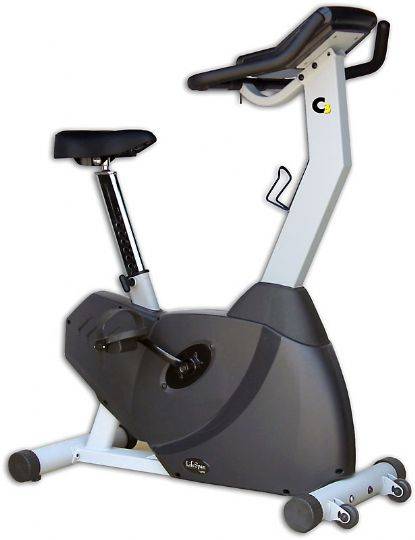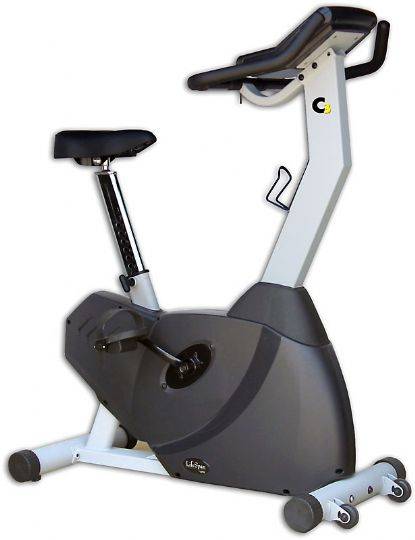 O.K, so what is your real motivation for doing exercise?
O.K, so what is your real motivation for doing exercise?
Is it:
- To increase your physical fitness level?
- To boost your brain function? (I put this in because I know that you know that physical activity is essential for brain health and function.)
- For overall well-being?
Yes, sure I believe you.
But for many people, the real reason is they want to lose weight. How many of us, especially as we get older suddenly notice how those unwanted kilos have sneakily o crept up and all of a sudden we discover we have those unwanted love handles, muffin tops and worse still “grabbable tummy fat” which as the adverts gleefully tell us, imply we have hidden toxic fat around our vital organs.
It all sounds a bit gruesome and whilst we might not welcome these new accoutrements, the problem is that once attached they become awfully hard to shift.
So is exercise the answer?
Well partly, along with eating healthily and keeping to smaller portion sizes.
The type of exercise you choose can have a big impact on whether or not you will actually achieve any weight loss. Putting in a lot of effort and hours to build physical fitness will certainly pay dividends as you experience an increase in your levels of stamina and fitness.
But the effect on your weight can be that whilst sometimes it will show a downwards trend, some people find their weight remains static or worse still, they actually put on weight.
This is because that as you put on more muscle, this weighs more than the fat it is replacing.
Plus of course, you are having to devote time to this activity. Time, which you may sometimes feel would be more productively spent doing other things.
Hmm, perhaps a different strategy may be needed.
This is where sprint interval training may help. The good news here too, is that doing interval training you also spend less overall time exercising.
A small study in Colorado has been investigating how this type of training may help. Here the participants were first put on a diet calibrated to just meet their metabolic needs and then they spent one day engaged in sedentary activities and on the second day they worked out on a stationary bike.
For the cycling they spent five 30-second periods working at very high resistance as fast as possible, followed by four minutes of recovery, cycling slowly with little resistance.
The results showed that although the participants only engaged in really hard exercise for a total of 2 and a half minutes, they burned up an additional 200 calories. The researchers surmise that if this form of exercise was to be continued on a regular basis several times a week in addition to leading to greater fitness, it would help us to maintain our weight or drop a couple of those extra kilos, and all for a very short period of time invested to achieve it.
For many of us living in such a hectic world where time is an increasingly valuable commodity, this might just provide us with the incentive we need to get out there and do the physical work.
The bonus too of course is that your brain will benefit with better functioning brain cells and increased neurogenesis (new brain cells). But you knew that already didn’t you.
Ref:
American Physiological Society (APS) (2012, October 10). Minutes of hard exercise can lead to all-day calorie burn. ScienceDaily. Retrieved October 15, 2012, from http://www.sciencedaily.com /releases/2012/10/121010161840.htm?utm_source=feedburner&utm_medium=email&utm_campaign=Feed%3A+sciencedaily%2Fhealth_medicine+%28ScienceDaily%3A+Health+%26+Medicine+News%29


